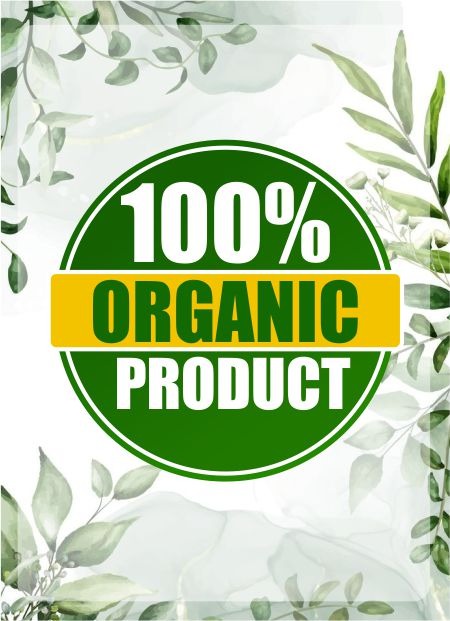


Choose Your Favourite

Highest Quality Products









Jaggery & Sweetners





Pulses & Grains




Oil & Ghee





TESTIMONIALS




Order Now & Experience the Orgalife Difference
Need Help? Call us +91-9090229033
Free Delivery on 2 Orders!
No products in the cart.
